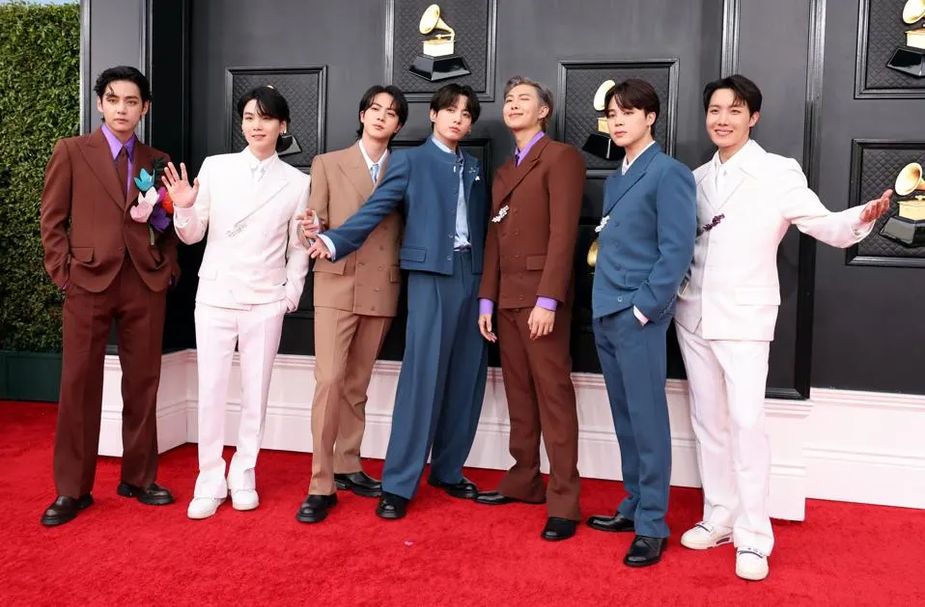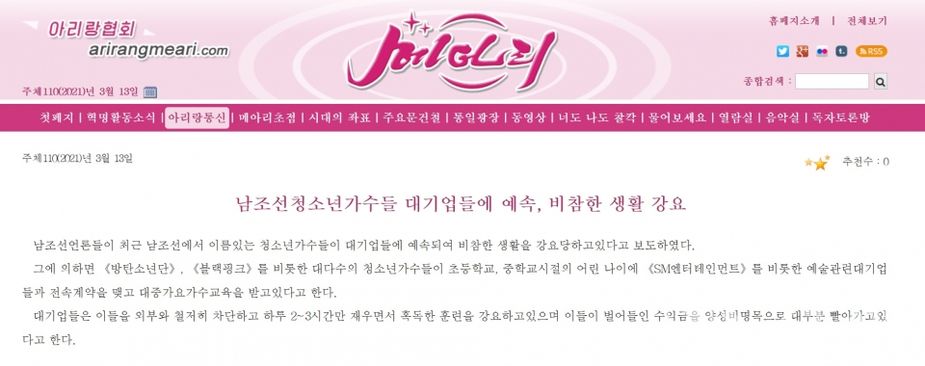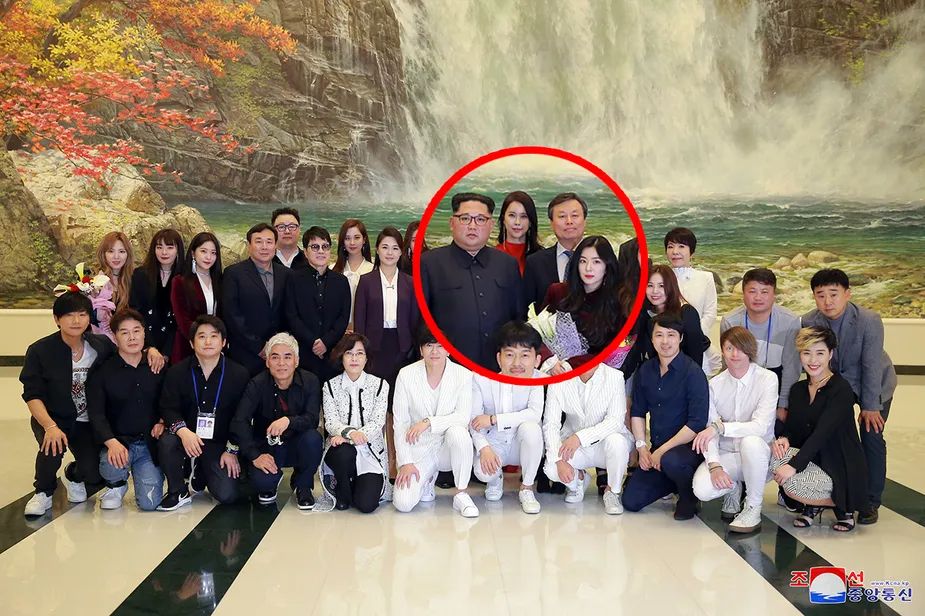North Korean Media Said BTS And BLACKPINK Are Treated Like “Slaves,” Netizens Respond

An old report from a North Korean media outlet criticizing the treatment of South Korean idol groups like BTS and BLACKPINK has resurfaced in the online community and has sparked a significant conversation. Originally published by Arirang Meari in 2021, the report claimed these idols live miserable lives, likening their situation to slavery due to the harsh conditions imposed by major South Korean entertainment companies, including SM Entertainment.

This old report gained new attention after a post on TheQoo, a popular online forum, attracted over 35,000 views.

In the report, Arirang Meari alleges that from a young age, during their elementary and middle school years, these idols are signed to exclusive contracts and are isolated from the outside world. They are purportedly made to undergo rigorous training schedules, which afford them only 2-3 hours of sleep per day, and a significant portion of their earnings is taken by the companies under the pretext of training expenses.
Furthermore, it conveyed that “not only South Korean media but also Western media have reported that South Korea’s young singers are tied to unbelievably unfair contracts from a young age, spending their lives confined to training camps,” and “they are criticized for being treated like slaves, with their bodies, minds, and souls taken away by the vicious and corrupt presidents of these major entertainment corporations.”

South Korean netizens have reacted to the allegations with a mixture of ridicule and criticism. Many comments on TheQoo mock the report’s claims, pointing to the substantial earnings of K-Pop idols. Some users have humorously expressed a desire to be “slaves” too, if it means achieving the same level of financial success as some of the industry’s top stars. Additionally, others have highlighted the irony of criticizing the K-Pop industry while there are workers in South Korea who struggle with wages below the minimum standard.

To many, including South Korean media, these “propaganda” pieces are made in attempts to criticize the K-Pop industry due to the rise of interest in South Korean idols. In an old article covering the North Korean report, NK Economy says the propaganda outlet has conveyed “an exaggeration of the issues surrounding the training and management of South Korean idol groups.”
It is part of a broader narrative that aims to challenge the growing popularity and global influence of South Korean pop culture.
— NK Economy


Overall, the online reaction to the North Korean report reflects a complex mixture of defense for the K-Pop industry, acknowledgment of its known issues, and a broader discourse on labor rights and economic disparities.